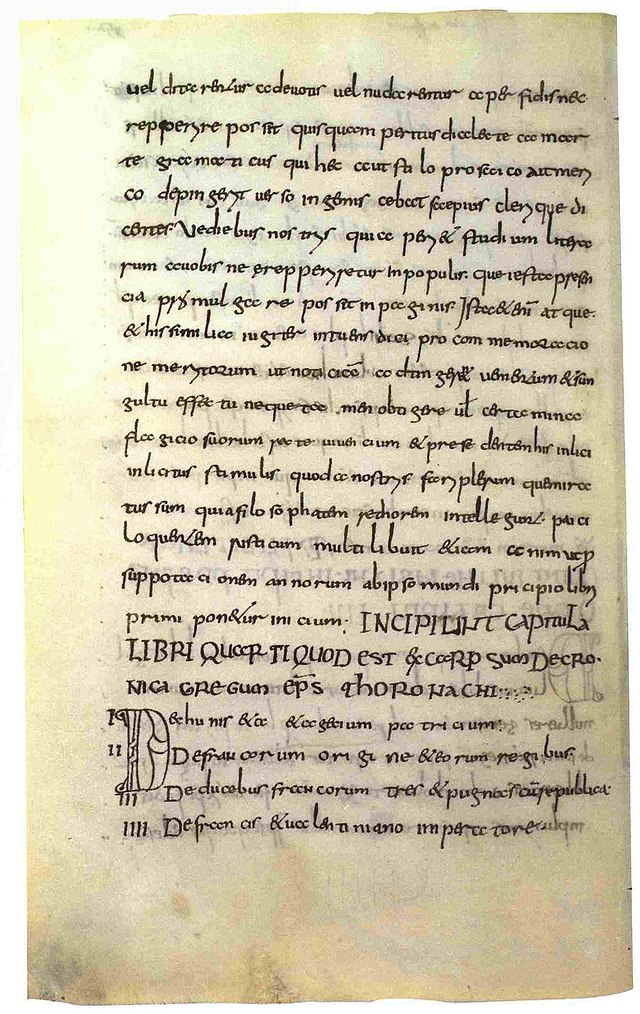Top Qs
Timeline
Chat
Perspective
Dervan (duke)
Dux Surbiorum From Wikipedia, the free encyclopedia
Remove ads
Dervan or Derwan (Serbian Cyrillic: Дерван, Latin: Dervanus) was an early ruler of the Sorbs (fl. 615–636).

He is mentioned by Fredegar in his Latin chronicle as dux gente Surbiorum que ex genere Sclavinorum:[1] "ruler of the people of the Surbi (Sorb autonym: Serbja, Serb autonym: Srbi) from the nation of the Sclavenians".[2] He is the first ruler of the tribe mentioned by name. Fredegar records him being subordinate to the Franks for a long time and then joining the Slavic union of Samo. After the defeat of the Frankish king Dagobert I by king Samo near Wogastisburg in 631 or 632, Dervan declared independence from the Franks and "placed himself and his people under the rule of Samo".[3]

Dervan joined Samo in his subsequent wars against the Franks. Further reports of Fredegar imply that Dervan and his people lived to the east of the Saxon Saale. The reference to Dervan in 631/632 is also the first written confirmation of the presence of Slavs north of the Ore Mountains.
He was fighting against Thuringia 631-634 and Dervan was finally defeated by duke Radulf, governor of Thuringia in 636.
According to some historians, Dervan was brother or father of the unnamed 7th-century Serbian ruler.[4][5][6] According to Tibor Živković, the migration of the Serbs to the Balkans could take place between 629 and 632, before Dervan joined Samo,[7] while according to Francis Dvornik it was during or after the Serbian state was weakened because of the war with Franks.[4]
Wikimedia Commons has media related to Dervan.
Remove ads
References
Further reading
Wikiwand - on
Seamless Wikipedia browsing. On steroids.
Remove ads
